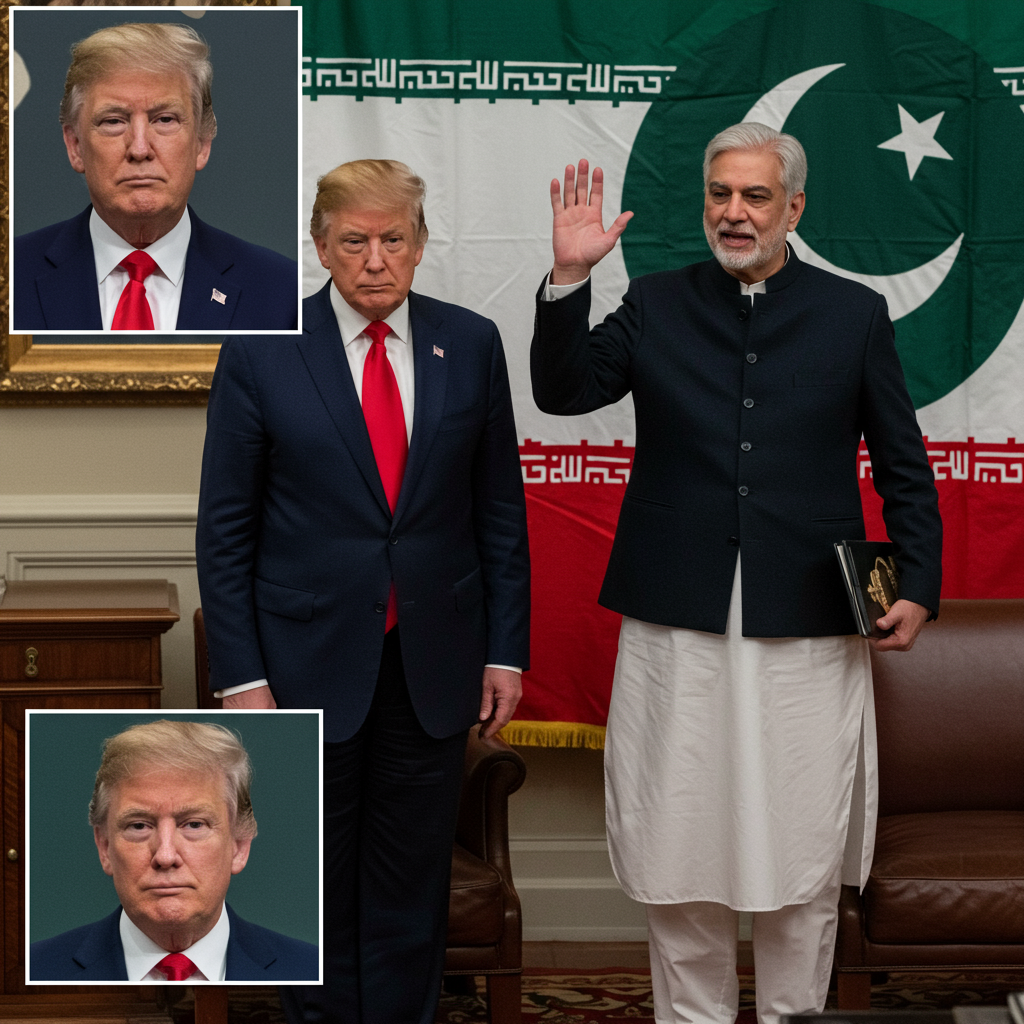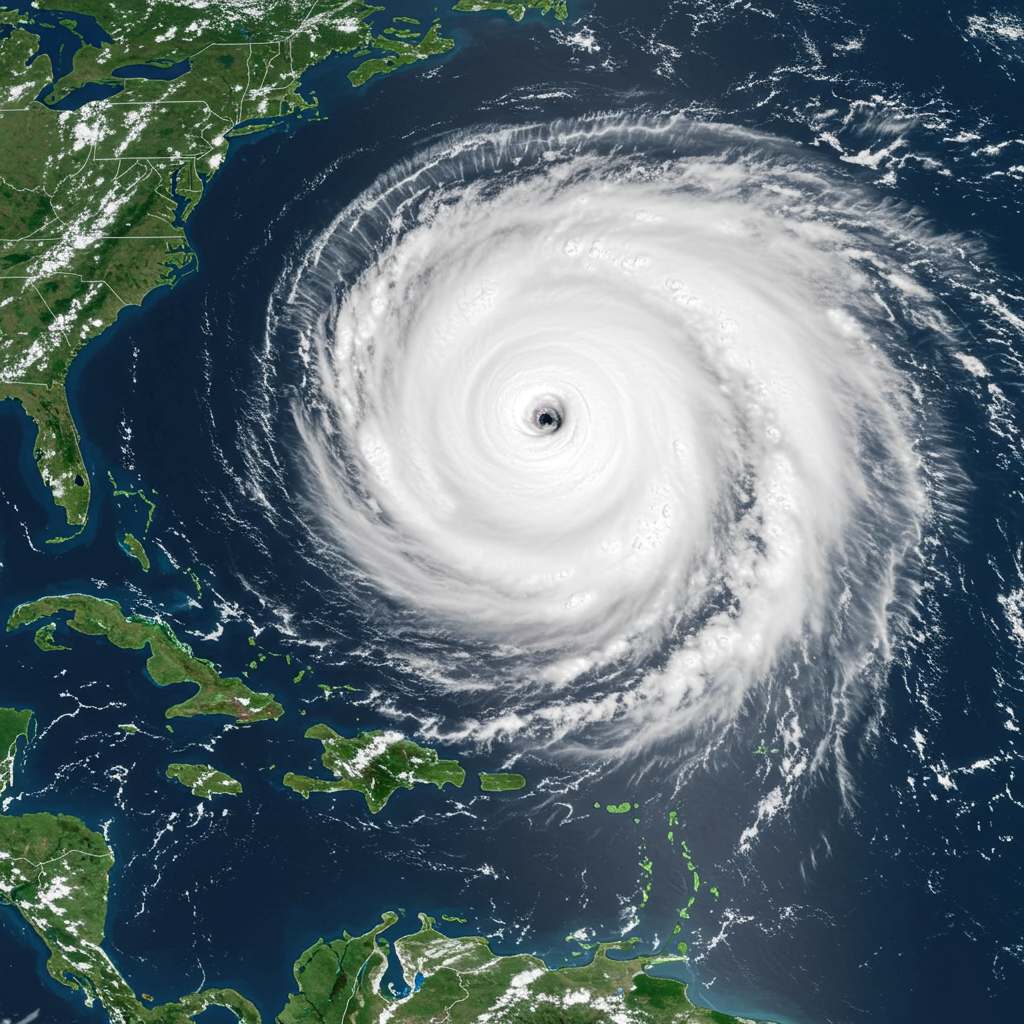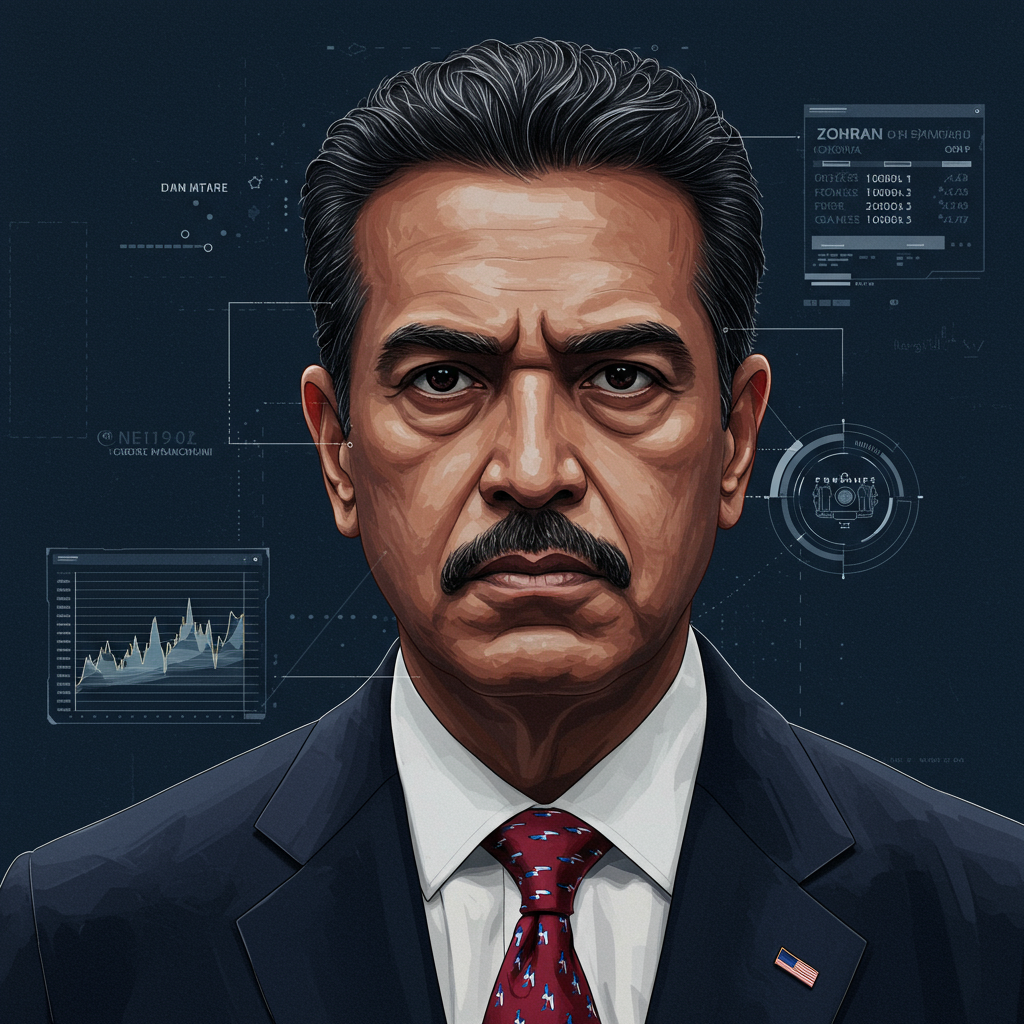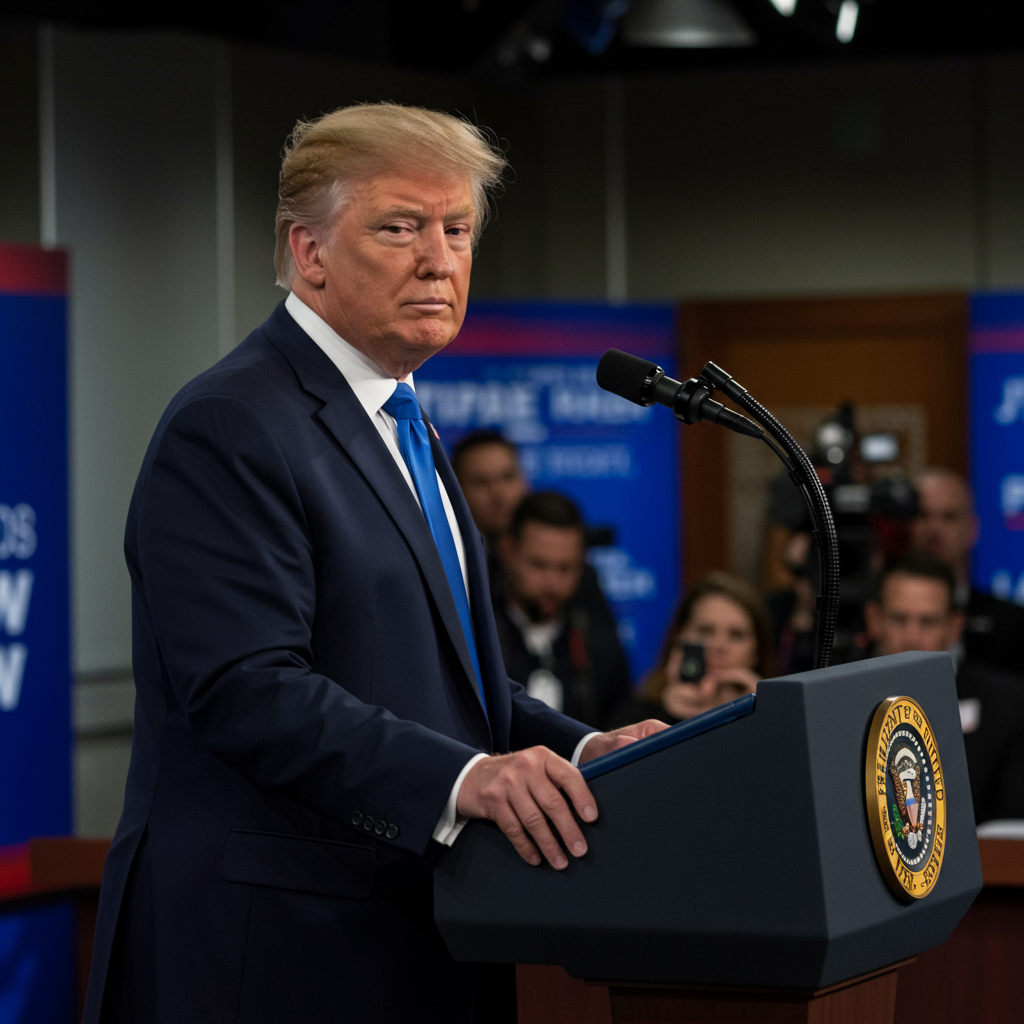In a dramatic display of rapidly shifting diplomacy, Pakistan delivered a sharp condemnation of U.S. military action against Iran just hours after formally recommending former President Donald Trump for the Nobel Peace Prize. The extraordinary 24-hour pivot highlights the complex balancing act Pakistan faces navigating turbulent regional dynamics and international relations.
From Peace Laureate Nod to Criticism
On a Saturday night, Pakistan issued an effusive message on the social media platform X, lauding Trump’s “decisive diplomatic intervention and pivotal leadership.” This praise stemmed from Trump’s role in de-escalating a recent, dangerous crisis between nuclear-armed rivals Pakistan and India.
Tensions between Islamabad and New Delhi had soared following a massacre of tourists in Indian-controlled Kashmir in April 2025, bringing the two nations perilously close to conflict. Intense diplomatic efforts, notably those credited to the U.S., eventually led to a truce. Pakistan’s recommendation for the Nobel Peace Prize was presented as a formal acknowledgment of Trump’s contribution to averting further escalation in South Asia.
Less than a full day later, however, Pakistan struck a distinctly different tone towards Washington. Following U.S. airstrikes on Iran on Sunday, June 22, 2025, Pakistan condemned the action, asserting the strikes constituted a “serious violation of international law” and breached the statutes of the International Atomic Energy Agency (IAEA).
Understanding the Iran Strikes
The U.S. operation, reportedly dubbed “Operation Midnight Hammer,” targeted three specific Iranian nuclear sites located in Fordo, Natanz, and Isfahan. According to U.S. officials, the stated objective was to halt Iran’s development of nuclear weapons and compel the regime back to negotiations, not to instigate regime change.
However, this carefully messaged goal was complicated by President Trump himself. Shortly after the strikes, Trump posted on social media, openly questioning whether “Regime Change” would be appropriate if the current Iranian leadership failed to “MAKE IRAN GREAT AGAIN.” This public contemplation of regime change contradicted the administration’s official line and introduced ambiguity about the ultimate U.S. intentions. The U.S. action was framed as joining Israel’s ongoing efforts against Iran’s nuclear program amidst escalating conflict between those two nations.
Pakistan’s swift condemnation aligned with its close ties to Iran. Islamabad has publicly supported Iran’s recent actions against Israel, framing them as having the right to self-defense. Pakistani Prime Minister Shehbaz Sharif reportedly spoke with Iranian President Masoud Pezeshkian by phone on Sunday, expressing concern that the U.S. bombings had specifically targeted facilities under IAEA safeguards.
Contextual Meetings and Contrasting Views
The Nobel recommendation also followed a high-profile meeting just days prior. On Thursday, June 19, 2025, Pakistan’s powerful army chief, Asim Munir, met with President Trump at the White House for over two hours. Attended by key U.S. officials, the discussion included a “detailed exchange of views” on the “prevailing tensions between Iran and Israel,” with both leaders emphasizing the importance of conflict resolution.
While Pakistan was quick to thank Trump for his perceived intervention in its crisis with India, New Delhi had previously downplayed the need for external mediation on the Kashmir issue, stating there was no such requirement. The disputed Himalayan region of Kashmir remains a flashpoint, claimed in its entirety by both India and Pakistan, though divided between them. India consistently accuses Pakistan of supporting militant groups in the region, a charge Pakistan denies.
As of Monday, Islamabad offered no immediate official comment explaining the juxtaposition of its praise for Trump and his Nobel recommendation with its subsequent condemnation of U.S. military action in the Middle East. The rapid shift underscores the intricate and sometimes contradictory nature of Pakistan’s foreign policy as it navigates alliances and regional conflicts.




